We are looking to recruit an impact champion in UOA 20 (the Unit of Assessment for Social Work and Social Policy) to help support preparations for our submission to REF2029. The deadline for expressions of interest is the Tuesday 30th April 2024.
This role is recruited through an open and transparent process, which gives all academic staff the opportunity to put themselves forward. Applications from underrepresented groups (e.g. minority ethnic, declared disability) are particularly welcome.
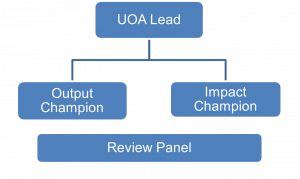 We are currently preparing submissions to thirteen units (otherwise known as UOAs). Each unit has a leadership team with at least one leader, an output and impact champion. The leadership team is supported by a panel of reviewers who assess the research from the unit. This includes research outputs (journal articles, book chapters, digital artefacts and conference proceedings) and impact case studies.
We are currently preparing submissions to thirteen units (otherwise known as UOAs). Each unit has a leadership team with at least one leader, an output and impact champion. The leadership team is supported by a panel of reviewers who assess the research from the unit. This includes research outputs (journal articles, book chapters, digital artefacts and conference proceedings) and impact case studies.
All roles require a level of commitment which is recognised accordingly, with time to review, attend meetings, and take responsibility for tasks.
This vacancy is for a joint impact champion for UOA 20 Social Work and Social Policy. This role exists as a job share with an existing impact champion, on the basis of a combined total of 0.2 FTE (split to be decided in discussion with the successful applicant).
Undertaking a UOA role can be enjoyable and rewarding, as one of our current impact champions can testify:
“As a UoA 17 impact champion, I work closely with the UoA 17 impact team to encourage the development of a culture of impact across BUBS. I try to pop into Department / research group meetings when I can to discuss impact, and I’ve enjoyed meeting people with a whole range of research interests. Sometimes it can be tough to engage people with impact – understandably; everyone is busy – so it’s important to be enthusiastic about the need for our BU research to reach the public. Overall, the role is about planting the seeds to get researchers thinking about the impact their work might have in the future (as well as the impact they have already had, sometimes without realising!)”
Dr Rafaelle Nicholson – UOA 17 Impact Champion
How to apply
All those interested should put forward a short case (suggested length of one paragraph), explaining why they are interested in the role and what they believe they could bring to it. These should be clearly marked with the relevant role and unit and emailed to ref@bournemouth.ac.uk by Tuesday 30th April 2024.
Further details on the impact champion role, the process of recruitment and selection criteria can be found here:
Process and criteria for selection
For more information, please contact ref@bournemouth.ac.uk, or the UoA Leaders Stephanie Schwandner-Sievers and Mel Hughes with queries.
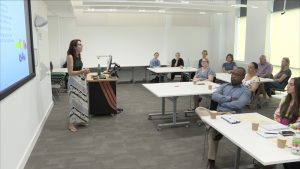
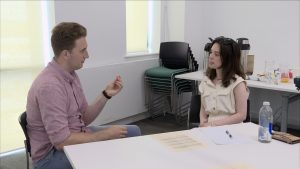
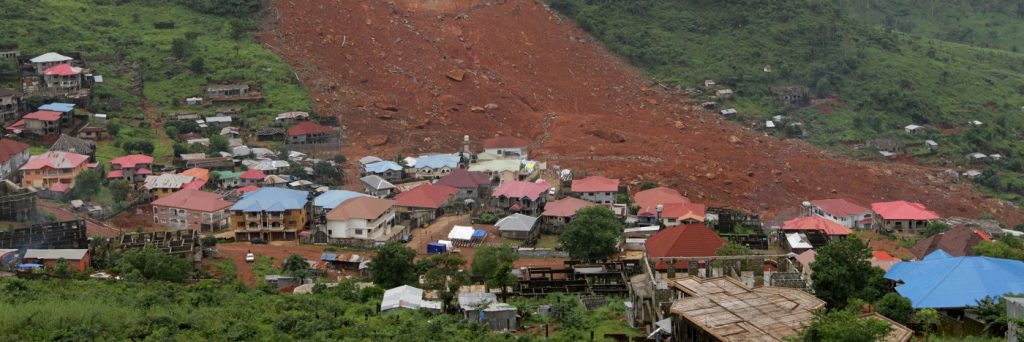
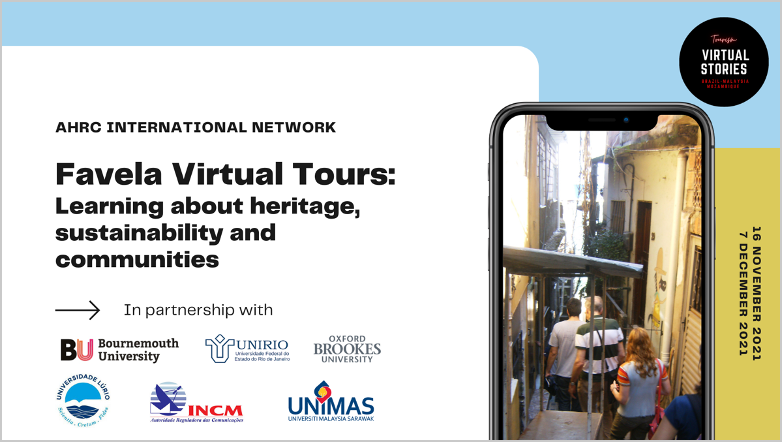

 The Research Excellence Framework (REF) is the system for assessing research in UK higher education institutions HEIs. Institutions making a submission to the REF 2021 are required to develop, document and apply a code of practice on identifying staff with significant responsibility for research, determining who is an independent researcher and the selection of outputs in their REF submissions.
The Research Excellence Framework (REF) is the system for assessing research in UK higher education institutions HEIs. Institutions making a submission to the REF 2021 are required to develop, document and apply a code of practice on identifying staff with significant responsibility for research, determining who is an independent researcher and the selection of outputs in their REF submissions.

 re you an academic researcher?
re you an academic researcher? The UK Parliament is committed to working with as diverse a range of people as possible. NERC have been working for a few years to inform and engage academic researchers in the work of Parliament through training and other activities. NERC are aware that some groups of academics engage with Parliament more than others, and would like to find out why.
The UK Parliament is committed to working with as diverse a range of people as possible. NERC have been working for a few years to inform and engage academic researchers in the work of Parliament through training and other activities. NERC are aware that some groups of academics engage with Parliament more than others, and would like to find out why.

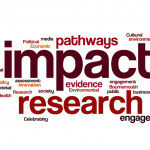

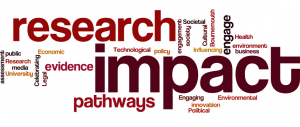 Join us to take a closer look at how research can have an impact beyond academia, and the ways in which this can be achieved.
Join us to take a closer look at how research can have an impact beyond academia, and the ways in which this can be achieved.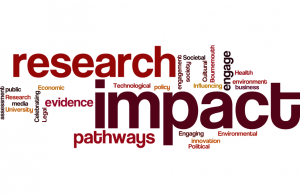











 Conversation article: London Marathon – how visually impaired people run
Conversation article: London Marathon – how visually impaired people run ESRC Festival of Social Science 2024 Open Call – Deadline for Applications Thursday 16 May
ESRC Festival of Social Science 2024 Open Call – Deadline for Applications Thursday 16 May Horizon Europe News – December 2023
Horizon Europe News – December 2023